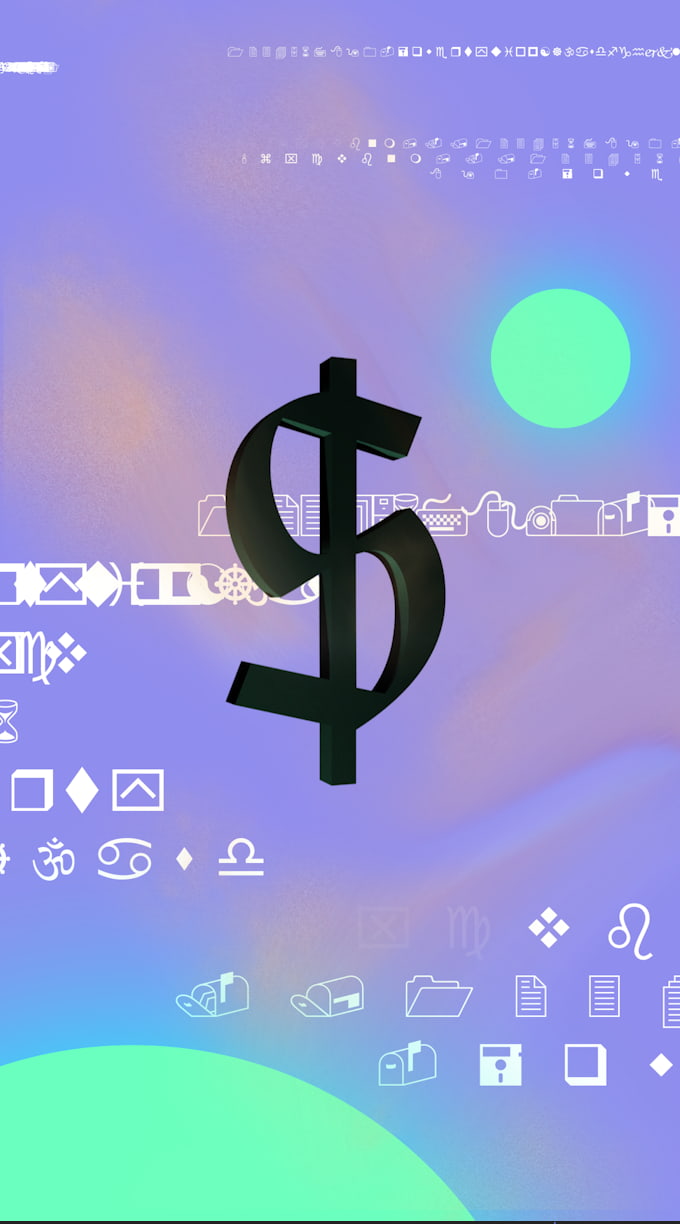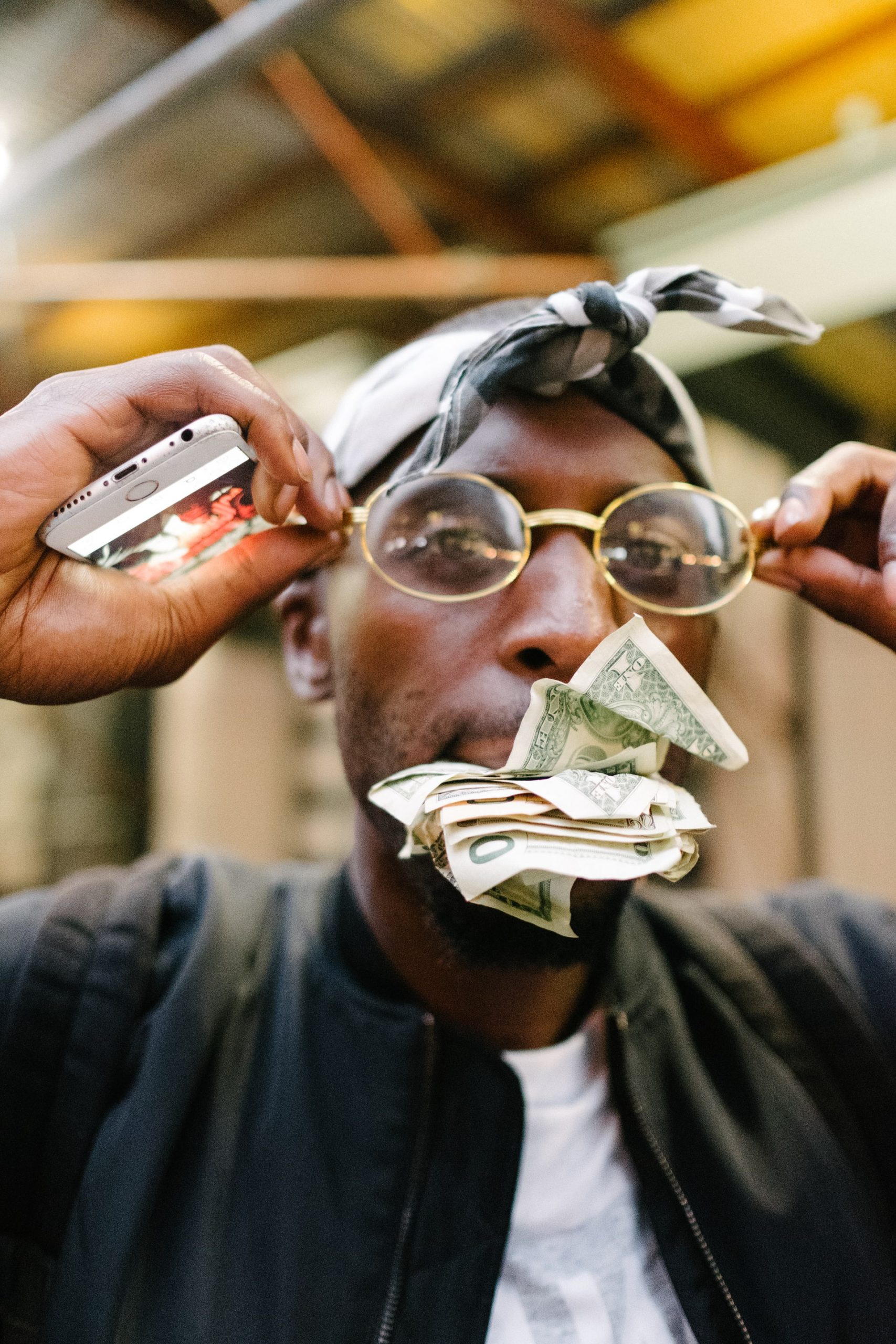Beyond the Spotlight: Artist Managers and Their Impact on the Music Industry
Artist managers are sometimes as legendary as the artists themselves. Think Alan McGee and Oasis, Scooter Braun and Justin Bieber, and mega-manager Sharon Osbourne and Ozzy Osbourne, Lita Ford, Motörhead, Smashing Pumpkins and a tonne of other big names in rock’n’roll.
But what does a manager do, exactly? Do they rake in the cash without doing anything? Let’s find out.
The Basics: What does an artist manager do?
In the modern music industry, organisation and communication are two key qualities that a good artist manager needs for their artists to reach their full potential.
Their role and tasks vary depending on their roster. At the most basic level, their to-do list includes pitching the artists to brands, record labels and agencies, setting up meetings, defining the artist’s professional direction, making sure that the artist is getting paid and diversifying their revenue streams and so on.
As the relationship between the artist and the artist manager evolves, they coordinate all aspects of an artist’s career, from planning an overall strategy for the next five years to working with the booking agent to ensure that the artist gets the best festival slots possible. The artist manager is in charge of making sure that the artist’s projects and career are running smoothly. When things turn sour, it’s largely due to managerial missteps.
There are hundreds of cases where high profile artists employed an artist manager that ended up ruining their career, instead of driving it forward.
The self-dubbed Coronel Tom Parker managed Elvis Presley and became a self-made millionaire thanks to the fact that he was getting 50 per cent of Elvis’ earnings during his later years. He even managed Elvis’s estate post-mortem. Sure, he discovered Elvis Presley, but 50 per cent of the total earnings is a tad too much.
Kim Fowley, The Runaway’s artist manager, was successful in making The Runaways one of the most notorious all-female rock bands of all time. However, his career is fraught with cases of sexual assault, abuse and preying on youngsters.
Do I need to hire aan artist manager, and how do I find one?
If you’re at a point in your career where you’re getting just the right amount of attention and you feel like you need the guidance of an industry insider, then you definitely hire an artist manager. A manager who truly believes in you and your art is an indispensable addition to your team, as they can handle the business side of your career and help you navigate the complex maze that is the music industry. Furthermore, a good artist manager brings with them the experience and the contacts that are needed to take your career to the next level.
While your mate can become your artist manager, (they might even be successful at it!) hiring someone that’s experienced yet still excited about your music is key. Scour your favourite artists’ social media pages and check who their managers are. When the time is right, approach these individuals or companies via email or at networking sessions. Networking sessions at music conferences or online industry meetings is key in learning more about the industry and the individuals/companies that you want to work with.
Final notes
The traditional compensation for artist managers used to be 20% of all the artist’s earnings – that includes royalties, live, sync deals, music sales etc. This can be pretty hefty, especially if you’re still a rookie. However, as with all things in the industry, this can be negotiated. An artist manager who truly believes in what you’re doing won’t take a cut until you reach a certain level, and they will work doubly hard to ensure that your artistic vision is not compromised. Trust, honesty and respect go a long way, especially when it comes to a fruitful, long-term artist-manager relationship.






